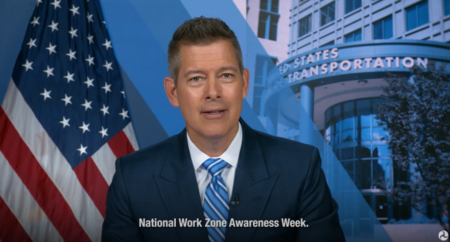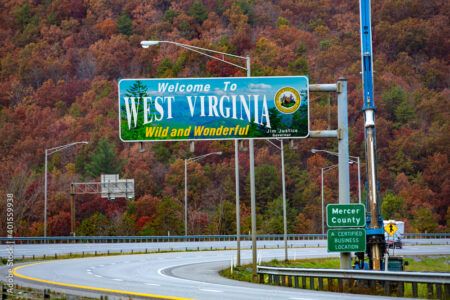Advocates for Highway and Auto Safety (Advocates) has released its 15th annual report that rates all 50 states and the District of Columbia on the adoption of 16 fundamental traffic safety laws.
Founded in 1989 by executives of a number of major insurance companies and prominent consumer and safety leaders, the Advocates’ 2018 Roadmap of State Highway Safety Laws features state-by-state ratings on the implementation of basic traffic safety legislation. The states report card, which found 407 dangerous gaps in traffic safety laws nationwide, serves as a tool to guide lawmakers as 2018 legislative sessions are to start across the country this month.
The 16 lifesaving laws that form the criteria for the report include the use of seat belts, motorcycle helmets and child safety seats, and also provide safeguards for teenage drivers and prevent distracted and impaired driving.
Each state and District of Columbia received an overall grade of Green (Good), Yellow (Caution) and Red (Danger), based on the number of the essential laws enacted. The best performing states are Rhode Island, Delaware, Oregon, Washington, California, Louisiana, and DC. States earning a poor-performance ‘Red’ rating are South Dakota, Wyoming, Arizona, Missouri, Montana, Florida, Nebraska, Virginia, Idaho, Iowa, New Hampshire, Ohio and Vermont.
The report also highlights the need for advanced technologies in all vehicles. The report notes that although auto makers and technology companies have been promoting autonomous vehicles (AVs) as a panacea for traffic fatalities, they admit the technology is many years away from mass deployment.
Advocates point out that technologies already exist that can save lives, prevent injuries and eliminate billions in costs to society. These include collision avoidance systems and automated speed and red-light enforcement, as well as the means to improve large truck and rear seat safety.
“Advocates has spent decades fighting for vehicle safety technology and we too believe driverless cars have the potential to one day make our roads a dramatically safer place,” said the organization’s president, Cathy Chase.
“Yet, in the meantime, nearly 100 people are killed and 6,500 more are injured in crashes on average every day. This comes with a significant economic burden equivalent to every person in our country paying an annual ‘Crash Tax’ of US$784. Our society shoulders US$836bn in costs a year. We call on lawmakers in every state to act with urgency this legislative session, and to use our new report as a roadmap to curb this preventable public health and safety crisis on our streets and highways.”




